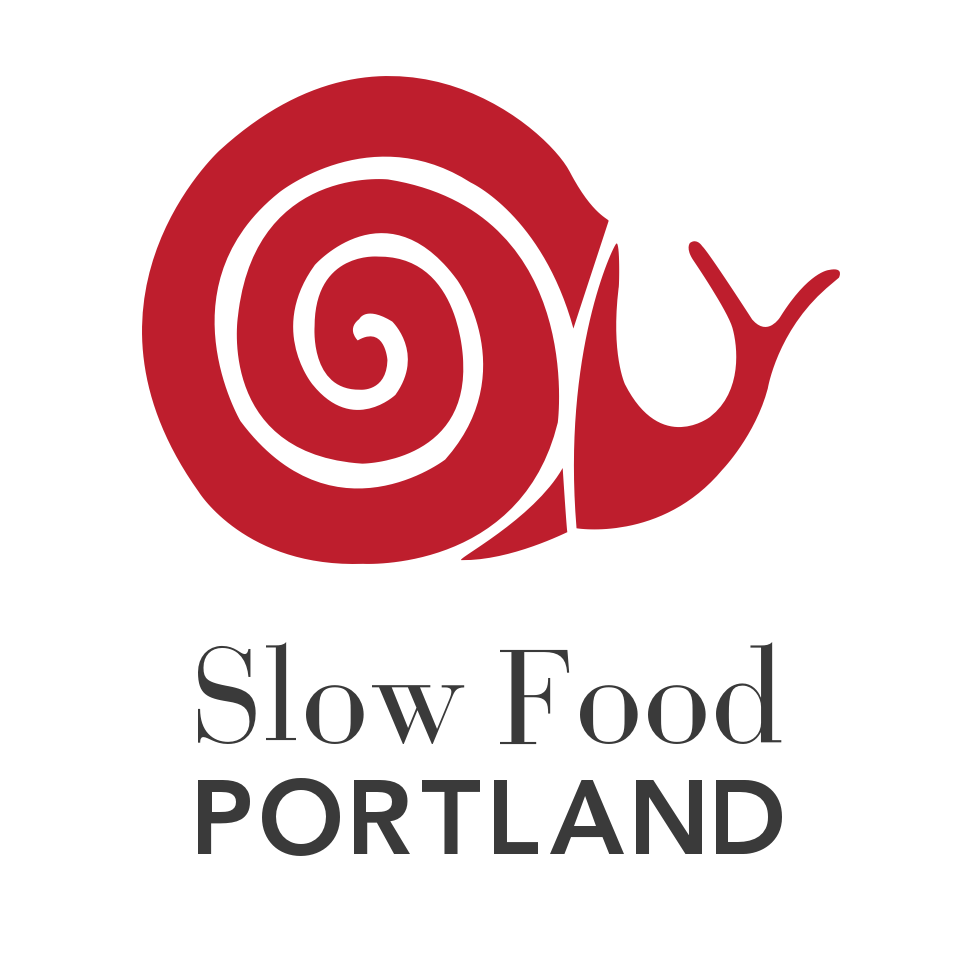Food Justice: Assessing Sustainable Diets
By Sruthi Eapen, Research and Advocacy Intern at Slow Food Portland
“Food culture is an important contributor to the food choices individuals make.”
Our carbon footprint due to consumption of animal-based foods is not sustainable. Modifying traditional Western diets to more environmentally sustainable diets could reduce greenhouse gas emissions by 70-80%, with many of the proposed sustainable diets involving a reduction in animal-based foods1. However, there are important social justice issues to address along with this goal. Sustainable diets should not only be nutritious and environmentally friendly, but also accessible to all people. This involves improved economic equity and inclusion of all communities within the sphere of plant-based diets. Research that showcases the lived experiences of the communities involved in the research is important and often missing from current discussions. In this blog post, I discuss two important studies that I believe are working to fill this research gap.
Economic inequality can limit access to healthy plant-based options. Alkon et al., seek to clarify the primary barrier to healthy food access in low-income communities through a study that assesses foodways, which they define as “cultural, social and economic food practices, habits and desires”2. They argue that current research mainly attributes accessibility and food deserts to the diet-related health problems in underserved communities, which victim-blames these communities2. Instead, the methodology constructed by Alkon et al. involves interviews with focus groups of community members in low-income areas. Through this methodology, they conclude that cost is the primary driver of food choices, rather than the physical distance or a lack of education2.
Alkon et al. also note that food deserts cannot be ignored. Rather, it must be part of an intersectional bigger picture of the food choices made in low-income communities. They offer wide-scale economic reform solutions, such as improving public transportation infrastructure and making healthy foods cheaper2.
Economic accessibility to sustainable eating options is not the only barrier to the reduction of animal-based products. In a valuable ethnographic study, Professor Jessica Greenebaum highlights the stigma that vegans of color experience. Greenebaum notes that veganism is affiliated with whiteness and privilege, which places stigma on vegans of color3. Food culture is an important contributor to the food choices individuals make. Immigrant participants in this study described how adopting veganism, which has been westernized, is seen as rejecting one's traditional culture3. This study includes many stories from vegans of color that are valuable in understanding how different cultures approach this issue.
Given that veganism is practiced by people from diverse backgrounds, it is important that diverse experiences are represented within the vegan food scene. Greenebaum calls for the promotion of culturally appropriate vegan food items and destigmatizing veganism by promoting more vegans of color in vegan outlets4.
Changes at both an individual and societal level are needed to work toward saving our planet. When promoting a shift to a plant-based diet, it is important to consider the issue from a social justice perspective and include all communities in the discussion. Through discussion, inclusion, and appreciation of various community perspectives, we can address the issue of climate change related to animal product consumption in a manner that is culturally competent.
To read more about this food justice issue:
To read more on inclusion in the vegan scene:
Advocacy Group | Vegan Voices of Color: https://veganvoicesofcolor.com/
Article | “10 Vegans of Color on What Being Vegan Means to Them”: https://www.self.com/story/vegans-of-color-on-what-being-vegan-means-to-them
To read more on economic equity and food justice:
Article | “Foodways of the Urban Poor”: https://remotesupport.luc.edu/media/lucedu/sociology/pdfs/facultypdfs/Foodways
References
1Aleksandrowicz, Lukasz, Rosemary Green, Edward J. M. Joy, Pete Smith, and Andy Haines. “The Impacts of Dietary Change on Greenhouse Gas Emissions, Land Use, Water Use, and Health: A Systematic Review.” Edited by Andrea S. Wiley. PLOS ONE 11, no. 11 (November 3, 2016): e0165797. https://doi.org/10.1371/journal.pone.0165797.
2Alkon, Alison Hope, Daniel Block, Kelly Moore, Catherine Gillis, Nicole DiNuccio, and Noel Chavez. “Foodways of the Urban Poor.” Geoforum 48 (August 2013): 126–35. https://doi.org/10.1016/j.geoforum.2013.04.021.
3Greenebaum, Jessica. “Vegans of Color: Managing Visible and Invisible Stigmas.” Food, Culture & Society 21, no. 5 (October 20, 2018): 680–97. https://doi.org/10.1080/15528014.2018.1512285.
